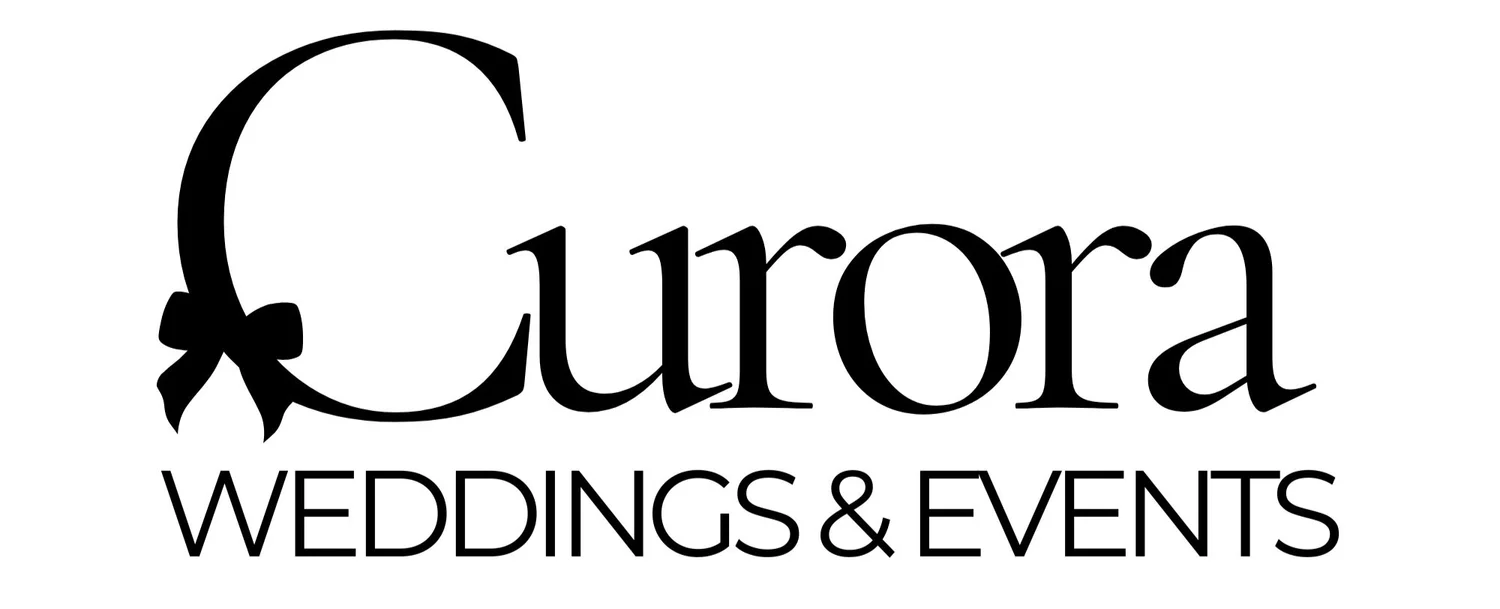How to Choose the Right Wedding Planner (and What Red Flags to Watch For)
Hiring a wedding planner is one of the most important decisions you’ll make during your planning journey. The right one will advocate for you, guide you through decisions, and bring clarity to what can feel like total chaos. The wrong one? They’ll cost you time, energy, and more stress than you signed up for.
Here’s what to look for, and what to avoid, when choosing a wedding planner who’s truly the right fit.
What the Right Wedding Planner Should Bring to the Table
1. Actual Experience (Not Just a Pretty Feed)
Aesthetic matters, but logistics matter more. A strong planner should have real experience with:
Your type of venue (tented, estate, ballroom, etc.)
Your ideal guest count and flow
Vendors in your area
Your budget range
Always ask: How many weddings have you done like ours? What’s your experience with this venue type? Can I see a sample timeline or floor plan you’ve created?
2. Professional Communication
Your planner is your point person. You need someone who responds clearly, stays organized, and never makes you feel like a burden for asking questions.
First impressions matter, how they respond to your inquiry usually sets the tone for how they’ll treat you long-term.
3. Confidence Without Ego
A great planner knows their stuff and can explain it without being pushy. They should be able to guide you through complex moments and offer calm clarity, not confusion or condescension.
Red Flags to Watch For
1. Vague or Delayed Communication
If it takes days to get a response or if answers feel half-complete, that’s a sign. Planners should be clear, proactive, and organized, because that’s what your day will require.
2. Talking More About Themselves Than About You
You should feel heard in your consult, not talked over. If your planner spends more time listing their accolades than asking about your vision, it’s probably not a fit.
3. Overpromising Without Details
Beware of phrases like “we take care of everything” without clarity on what that means. A good planner will walk you through exactly what’s included, what’s not, and how the process works.
4. No Backups or Contingency Planning
If a planner can’t tell you what happens if a vendor cancels, the weather turns, or something goes wrong, run. Planning for the unexpected is a big part of what you’re hiring them for.
Questions to Ask During Your Consult
How many weddings do you take per year?
Who will be my main point of contact?
How do you build a timeline?
Can I see samples of your planning tools or communication style?
What happens if you're sick or unavailable on our wedding day?
How do you handle challenging family dynamics?
One More Thing: Trust Your Gut
You’re going to spend a lot of time with your planner. Choose someone who feels like a calm, capable presence, someone you’d trust to guide a high-stakes day with warmth and professionalism.
Curora Weddings is built on experience, clarity, and calm leadership, not fluff.
If you’re looking for a planner who actually knows how to manage the moving parts, I’d love to talk.
→ Schedule your free consult here

